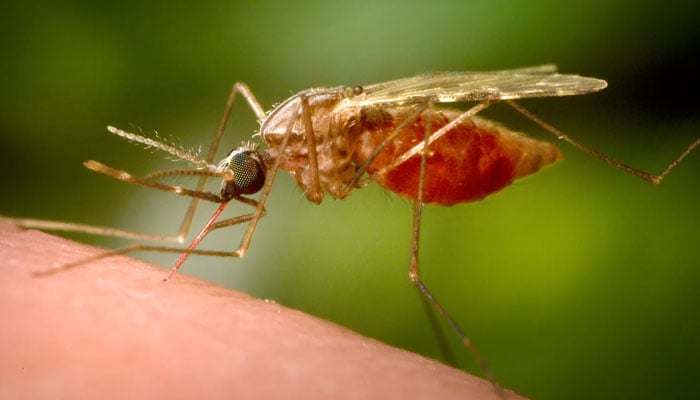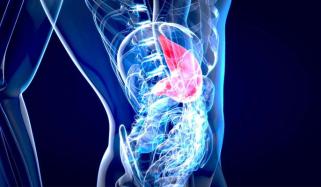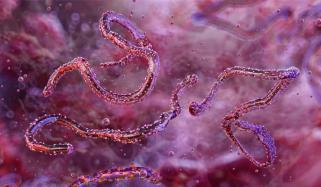
China has reported an alarming number of 7,000 cases of the mosquito-borne virus, chikungunya, across it’s Guangdong province since July.
With the city of Foshan reaching an astonishing number, patients have been hospitalised and urged to take precautionary measures to prevent the virus from spreading.
An exponential rise of 3,000 cases in just last week alone has raised serious health concerns.
Aside from Foshan, a substantial number of cases have reportedly been confirmed in Guangdong in up to 12 other cities.
Chinese authorities stated an "imported case triggered local transmission" in July, but did not specify the origin of infection.
On Sunday, Hong Kong reported its first case of a 12-year-old boy who had travelled to the hardest-hit city, Foshan.
How can the Chikungunya virus spread?
Chikungunya virus can not be transmitted from person to person. It can not only be spread via the bite of an infected mosquito.
Chikungunya virus symptoms
Chikungunya symptoms typically appear within a week of contracting the infection.
It includes rash, headaches, swollen joints, high fever, and some individuals may experience lingering joint pain that can last months.
Treatment
According to the World Health Organisation (WHO), Chikungunya virus vaccines are not widely accessible, and unfortunately, there is no treatment for chikungunya; however, deaths are rare.












